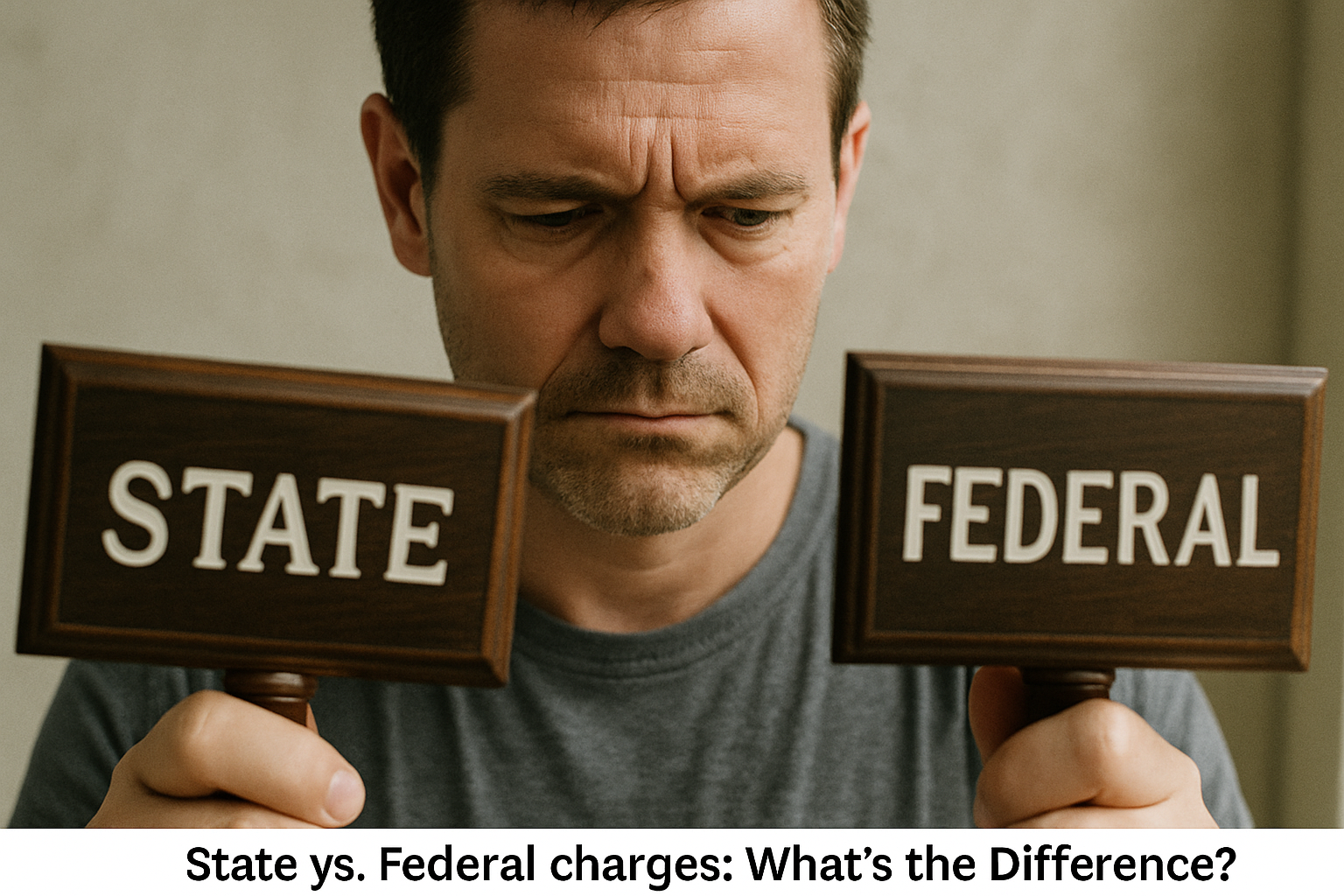What Parents Should Do Immediately After an Arrest
Learn the crucial steps parents should take immediately after a juvenile drug arrest in Texas. Protect your child’s rights and future. Contact an attorney near you today.

What Parents Should Do Immediately After an Arrest
When you find out your child has been arrested for drugs, it’s one of the most frightening moments you’ll ever face.
But here’s the truth:
What you do in the hours and days after the arrest can make a huge difference in protecting your child’s future.
In this post, you’ll learn:
- The crucial first steps to take
- Mistakes to avoid
- How to support your child through the process
- How an experienced attorney near you can help guide your family
In this post you’ll learn exactly how to respond when your child is arrested.
Step 1: Stay Calm
Your first instinct may be anger, fear, or panic.
But staying calm is one of the most important things you can do.
- Your child needs you to be steady, not emotional.
- Clear-headed parents can make better decisions and protect their child's rights.
Tip:
Take a deep breath. Focus on solutions, not blame.
Step 2: Tell Your Child to Stay Silent
If your child is still with police:
- Instruct them not to answer any questions without a lawyer present.
- Remind them to be respectful, but firm.
What your child should say:
“I want to remain silent and speak to my attorney.”
Important:
Anything your child says — even casual comments — can be used against them later.
Step 3: Contact an Experienced Juvenile Defense Attorney Immediately
The faster you involve an attorney, the better.
A defense lawyer near you will:
- Step in to protect your child's rights immediately
- Handle communication with police and prosecutors
- Guide you through the juvenile court process
- Work to get your child released quickly
- Start building a strong defense
Tip:
Don’t wait to "see what happens" — early legal action can make the difference between diversion and long-term consequences.
Step 4: Don’t Discuss the Case with Anyone Except Your Lawyer
You and your child should:
- Avoid talking about the case with friends, teachers, coaches, or other family members.
- Stay completely silent on social media (no posts, comments, or messages).
Why:
Anything said to anyone outside your attorney is not protected and can be used against your child.
Tip:
Save all discussions about the case for private meetings with your lawyer.
Step 5: Attend All Court Dates and Meetings
It’s critical to:
- Show up on time for every court appearance and juvenile meeting.
- Follow all court orders (such as drug testing, counseling, or curfews).
- Be respectful to the judge, probation officers, and court staff.
Why it matters:
- Judges notice family involvement.
- Consistent, responsible behavior can influence case outcomes positively.
Step 6: Support Your Child Emotionally
Your child is scared too — even if they don’t show it.
- Listen without judgment.
- Encourage open, honest conversations.
- Reinforce that you’re there to help them through it — not just punish them.
Important:
The more stable and supported your child feels, the better they’ll handle the stress and comply with court requirements.
Mistakes Parents Should Avoid
When your child is facing drug charges, your actions as a parent can have a major impact on the outcome. Here are some common mistakes that can hurt their case—and how to avoid them.
Talking too much to police is one of the most damaging missteps. You might think you’re helping, but even well-meaning statements can unintentionally harm your child’s defense or give prosecutors evidence they didn’t have.
Waiting too long to hire a lawyer is another serious error. Early decisions in a case are critical, and if you delay getting legal help, it may be impossible to reverse certain mistakes later on.
It’s also important to avoid getting angry or placing blame on your child. Doing so can shut down communication and make your child less likely to be honest with you or their attorney.
Ignoring court orders—even small ones like missed appointments or paperwork—can signal to the judge that your family isn’t taking the case seriously, which can influence how the court treats your child.
Finally, posting about the arrest or charges online is a big mistake. Social media content can and often does show up in court—and it can be used against your child, even if it seems harmless.
How an Experienced Juvenile Defense Attorney Near You Can Help
The right defense lawyer will:
- Fight to keep your child’s case in juvenile court
- Push for diversion, probation, or counseling instead of harsh punishment
- Challenge illegal searches and bad evidence
- Advocate for record sealing after the case ends
- Support and guide your family at every step
The Law Office of Ray Vazquez has helped many families facing juvenile drug arrests — and knows how to protect your child’s future.
Conclusion
The hours after your child's arrest are critical.
Staying calm, staying silent, hiring an experienced attorney, and staying involved can make all the difference.
If your child has been arrested for drugs:
Call the Law Office of Ray Vazquez today at (832) 343-8023 or visit rayvazquezlaw.com to schedule a confidential consultation with an experienced juvenile defense attorney near you.
The right steps now can protect your child’s future forever.


